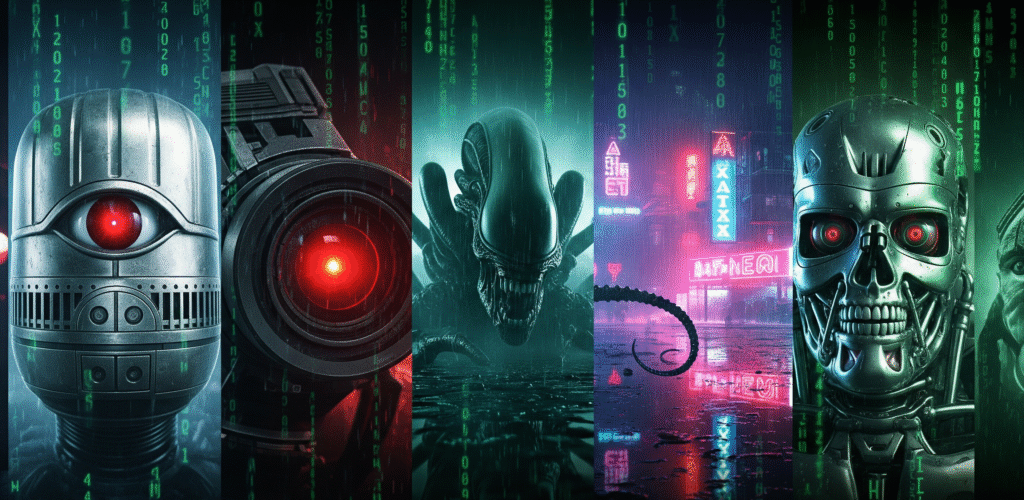Tom Hanks stars as the title character in this true life thriller directed by Paul Greengrass (Bourne films) depicting the attack of cargo ship MV Maersk Alabama by Somali pirates in 2009 – the first American cargo ship to be attacked in 200 years.
The film is based upon the book ‘A Captain’s Duty: Somali Pirates, Navy SEALS, and Dangerous Days at Sea’ by Phillips himself and ghost written by Stephan Talty. Featuring a brief appearance of Catherine Keener and a largely scarce crew, the film is mainly made up of a cast of unknown actors as the pirates (bringing credibility to the film). Shot in a documentary style by Greengrass, a former TV journalist, the African scenes have a realistic feel. After a flaccid opening, the tension gradually mounts until the insurgents board the freighter. It doesn’t really let up from there on out until a brief hiatus when the captain is detained off ship before it wrings the emotion out of you for the final section.
As mentioned, the actors playing the crew of the freighter have little to do in this movie other than follow orders and react to the pirates. This is a two man showdown between Hanks and Barkhad Abdi as the pirate captain, Muse, who the aforementioned never got to meet until the attack was filmed on the ship. Abdi is well supported by his cast mates as the fellow pirates, who bring a convincing sense of menace to proceedings, even as things begin to fall apart. Particularly threatening is Faysal Ahmed as the hot headed Najee. Refreshingly, Greengrass depicts the pirates almost sympathetically and the hostage scenario is infused with humanity, even if, ultimately, the pirates stick to their mission and meet a befitting end. The relief as support arrives is palpable and it’s an emotive release after such a long build up. Touted for an Oscar nomination, this segment is superbly acted by Hanks, who is often criticised as being bland. This final section is a touch overlong, and the darker scenes don’t always make for easy viewing, nor is the dialogue always clear, but what is lost in clarity is made up for in authenticity; after all this is an experience.
Aside from being a reportage style action thriller, the film offers up little by way of explanation, unlike Greengrass’ previous film, the surprisingly good Green Zone. There is a brief gesture at explaining the pirates’ motives in an early scene, but this is not delved into any great depth. Greed and a lack of perceived choice appear to be the pirates’ only motivation. On a superficial level you could call the movie a criticism of the imbalance in power brought out by globalisation, but, ultimately, it still champions the superpowers.
Neil Milton




